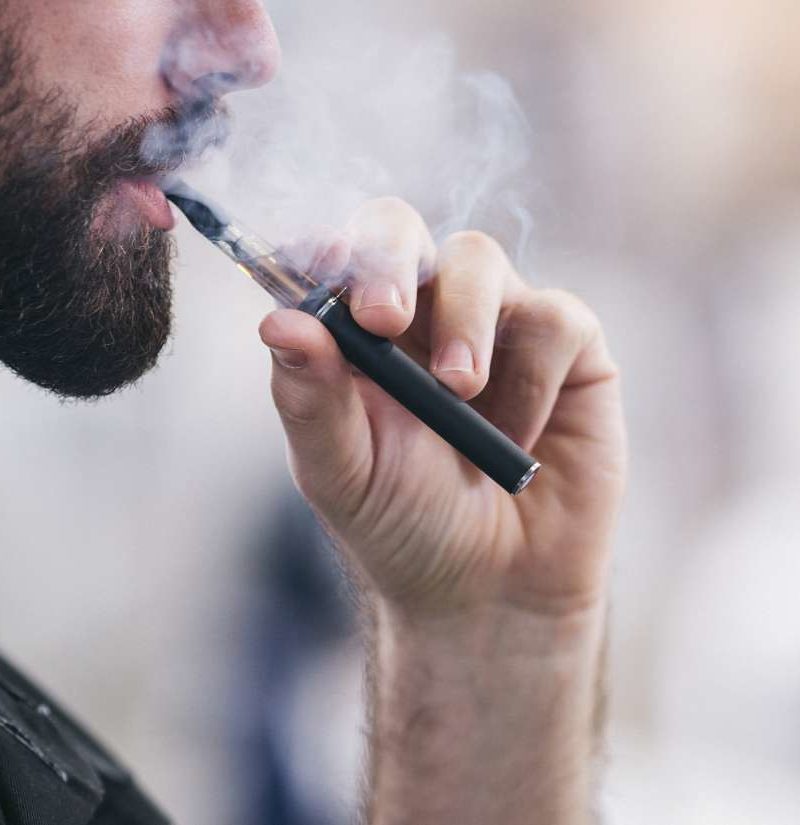"From Smoke to Vapor: A Journey Through Your Health Transition"
Explore the health impacts and changes experienced when transitioning from smoking to vaping. Discover potential benefits and risks.

Many people have turned to vaping as an alternative method to quit smoking, believing it to be a safer option. When you quit smoking and start vaping, the immediate noticeable changes are often the absence of the smell of smoke on your clothes and in your environment. Your sense of taste and smell may start to improve, given that the harsh chemicals found in cigarettes which blunt these senses are absent in vaping. However, the transition isn't as simple as replacing one habit with another; it's a journey that impacts various aspects of your health.
One of the main benefits of switching is the reduction of harmful chemicals entering your body. Cigarette smoke contains over 7,000 chemicals, many of which are toxic and carcinogenic. Vaping is often touted as a safer alternative because e-liquids contain fewer harmful ingredients. The most common substances are propylene glycol, vegetable glycerin, nicotine, and flavorings. While not completely harmless, these are less damaging than the toxins found in cigarette smoke.
The level of nicotine, a highly addictive substance, can be controlled in vaping. This allows you to gradually reduce your nicotine intake, which can help manage withdrawal symptoms when switching from smoking to vaping. It's important to note though, while vaping can help in nicotine withdrawal, it doesn't address the behavioral aspect of addiction. The hand-to-mouth action and associations with certain activities or feelings can still persist.
Many smokers experience respiratory problems such as coughing and shortness of breath. These can improve after quitting smoking, as the cilia in the lungs start to function properly again and can push out the excess mucus. However, vaping can still cause irritation to the lungs and airways, especially with heavy use. Long-term effects of vaping on respiratory health are still being studied, but it's generally seen as less harmful than smoking.
When it comes to oral health, smokers often suffer from problems like gum disease, tooth loss, and oral cancer. The lower temperature of e-cigarette vapor compared to smoke may result in fewer oral health issues, but it's worth noting that vaping is not without risk. The nicotine in e-cigarettes can still contribute to gum disease and tooth decay. The sugar in flavorings can also contribute to tooth decay.
It's crucial to remember that while vaping is generally considered less harmful than smoking, it doesn't mean it's risk-free. The long-term effects of vaping are still unknown and research continues to evolve. For those considering the switch from smoking to vaping, it's recommended that they seek advice from healthcare professionals. The ultimate goal should always be to quit both smoking and vaping for the best possible health outcomes.



